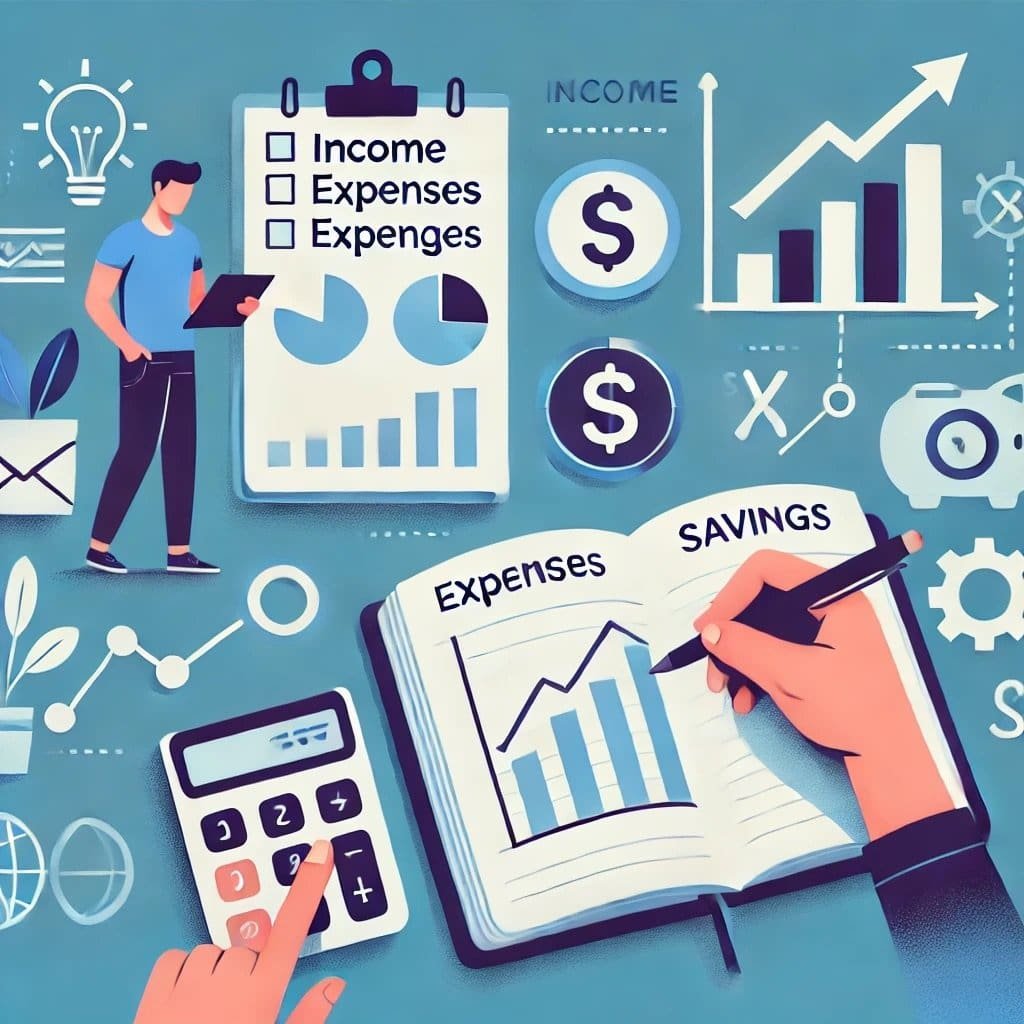Debt consolidation is a financial strategy used to combine multiple debts into a single loan, usually with the goal of lowering interest rates or simplifying repayment. It’s a popular option for individuals with credit card debt, personal loans, or other high-interest obligations who are seeking to streamline their payments and manage their finances more effectively. However, like any financial decision, debt consolidation has both advantages and disadvantages.
What is Debt Consolidation?
Debt consolidation involves taking out a new loan to pay off multiple existing debts. Instead of managing several payments with different interest rates and terms, you make one monthly payment toward the consolidation loan. There are different types of debt consolidation options, including personal loans, balance transfer credit cards, and debt management plans.
Pros of Debt Consolidation
1. Simplified Payments: One of the main advantages of debt consolidation is that it simplifies your finances. Instead of juggling multiple payments each month, you make a single payment to one lender. This can reduce the likelihood of missed payments and make budgeting easier.
2. Lower Interest Rates: If you qualify for a consolidation loan with a lower interest rate than your existing debts, you can save money on interest over the life of the loan. This is particularly beneficial for high-interest credit card debt.
3. Fixed Repayment Terms: Unlike credit cards with revolving balances, many debt consolidation loans have fixed repayment terms. This means you’ll know exactly how much you owe each month and when the debt will be paid off, which can help you plan better.
4. Boosts Credit Score: Over time, debt consolidation can improve your credit score by reducing your credit utilization ratio and showing consistent on-time payments. Additionally, closing out old accounts after consolidation may reduce the number of active debts on your credit report.
Cons of Debt Consolidation
1. Fees and Costs: Some debt consolidation loans come with fees such as origination fees, balance transfer fees, or closing costs. These can add to the overall cost of the loan and reduce the potential savings from consolidation.
2. Longer Repayment Periods: While consolidation can lower your monthly payments, it often does so by extending the repayment period. This means you could end up paying more in interest over the long term, even if the interest rate is lower.
3. Risk of Accumulating More Debt: If you use debt consolidation to pay off credit cards but don’t change your spending habits, you might end up accumulating more debt. This can worsen your financial situation if you continue to rely on credit after consolidating.
4. Potential Impact on Credit Score: While debt consolidation can eventually improve your credit score, the initial application for a new loan or credit line may result in a hard inquiry on your credit report, temporarily lowering your score. Additionally, closing old credit accounts can reduce your available credit, which might negatively impact your credit utilization ratio.
Types of Debt Consolidation
1. Personal Loans: These are unsecured loans that you can use to pay off multiple debts. They usually come with fixed interest rates and repayment terms. If you have a good credit score, you may qualify for a personal loan with a lower interest rate than your existing debts.
2. Balance Transfer Credit Cards: Some credit cards offer 0% interest on balance transfers for an introductory period, typically 6-18 months. This can be a good option if you can pay off the debt before the promotional period ends, but be cautious of balance transfer fees and the high interest rates that kick in after the introductory period.
3. Home Equity Loans or HELOCs: If you own a home, you may be able to use a home equity loan or line of credit to consolidate debt. These loans often have lower interest rates because they’re secured by your home, but you risk losing your home if you can’t repay the loan.
4. Debt Management Plans: These plans are offered by credit counseling agencies. You make a single payment to the agency, which distributes it to your creditors. In some cases, the agency may negotiate lower interest rates or fees on your behalf.
Is Debt Consolidation Right for You?
Debt consolidation can be an effective solution if you have high-interest debt and are struggling to keep track of multiple payments. However, it’s important to consider your financial habits and whether you’re committed to avoiding new debt after consolidation. It’s also essential to understand the terms and fees associated with the consolidation loan or plan you choose.
Final Thoughts
Debt consolidation offers a way to simplify your financial life and reduce the cost of debt, but it’s not a cure-all. Before consolidating, carefully weigh the pros and cons and consider alternatives like improving your budgeting habits or negotiating directly with creditors. When used wisely, debt consolidation can be a helpful tool to regain control over your finances, but it requires discipline to avoid falling back into debt.



3 comments